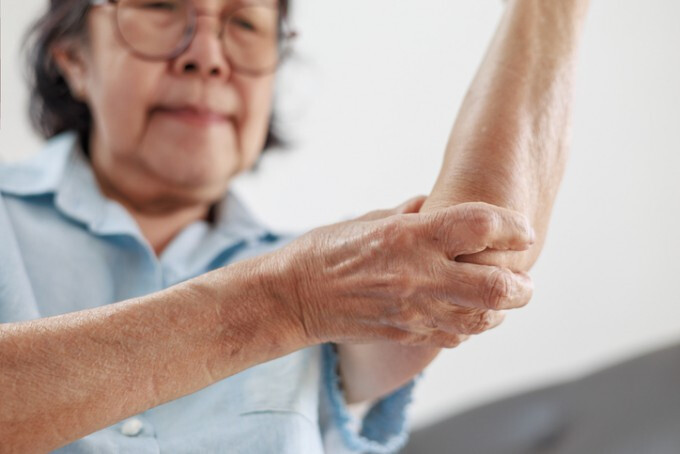
Dublin, Ireland - A new international study involving over 160,000 individuals from 40 countries has revealed that factors such as air pollution, social inequality, and political instability can accelerate the aging process.
The research, recently highlighted by the medical news outlet Medical Xpress, was conducted by an international team including researchers from the Global Brain Health Institute (GBHI) at Trinity College Dublin. The team utilized a "global exposome" framework to analyze how environmental, social, and political factors influence the speed of aging.
Researchers developed a metric called the "Biometric and Behavioral Age Gap (BBAG)" to measure the difference between a person's chronological age and their predicted age based on their health, cognitive function, education level, physical abilities, and cardiovascular risk factors. A larger BBAG indicates faster aging.
The study found that a person’s living environment can lead to accelerated aging, which is linked to an increased risk of cognitive decline and loss of daily function. The findings suggest that aging is not solely a matter of individual biology or personal choices but is significantly shaped by societal and environmental contexts.
The Age Gap: Europe vs. Asia and Africa
According to the study, individuals in four Asian countries—South Korea, China, India, and Israel—showed a faster rate of aging than their European counterparts, though their aging was slower than in African and Latin American countries.
Key factors identified as accelerating aging included:
Physical Environment: Poor air quality.
Social Conditions: Economic and gender inequality, and migration.
Political Environment: Restrictions on political participation, unfair elections, and weakened democracy.
A New Perspective on Health and Aging
Dr. Agustín Ibañez, a lead researcher from Trinity College GBHI, stated, "Air pollution, political instability, and inequality don't just shape society; they change health itself." He added that a new perspective is needed that looks beyond seeing brain health as an individual's sole responsibility and instead considers it within a broader environmental and social context.
Co-author Dr. Sandra Baez, also from Trinity College GBHI, emphasized, "Physical, social, and political environments have a significant impact on aging, in addition to individual choices and biological factors, and the difference is clear from country to country."
The study suggests a fundamental shift in how we approach public health, advocating for policies that address social and environmental disparities as key components of health and longevity. It underscores the interconnectedness of individual well-being with the broader societal and political landscape.
[Copyright (c) Global Economic Times. All Rights Reserved.]






























